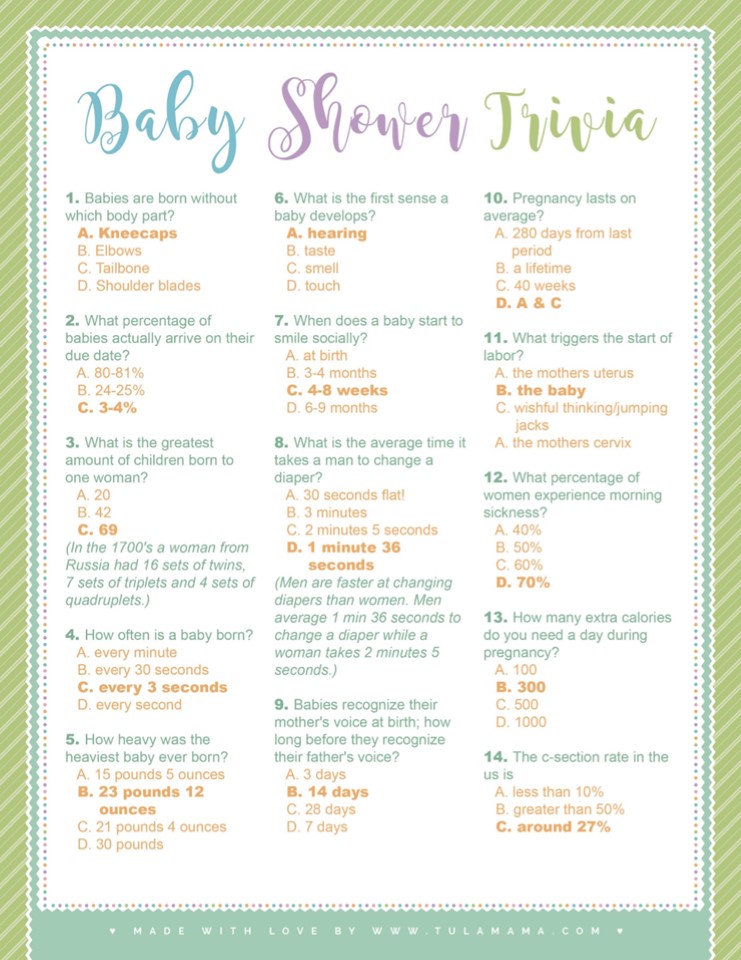Argument - PowerPoint PPT Presentation
1 / 12
Title:
Argument
Description:
Rhetoric is the Art of Persuasion. But how do we persuade others? ... Ad populum bandwagon appeal to prejudice etc. Threat/Reward using bribery to persuade. ... – PowerPoint PPT presentation
Number of Views:28
Avg rating:3.0/5.0
Title: Argument
1
Argument Rhetoric
- Raymond M. VinceComposition II
- February 2006
2
What is Rhetoric?
- Rhetoric is the Art of Persuasion
- But how do we persuade others?
- Rhetoric uses various strategies or appeals.
- The Greeks among the first to study Rhetoric.
- Especially Aristotle in his Art of Rhetoric
- Aristotle identifies three persuasive strategies.
- These are the appeals to ethos, pathos, and
logos.
3
What are these Appeals?
- Ethos The Appeal to Credibility Gk.
character, custom - Pathos The Appeal to the Emotions Values
Gk. suffering, passion, feeling - Logos The Appeal to the Reason Gk. word,
thought, reason - ????, ?????, ?????,
4
How can we evaluate Rhetoric?
- Questions to ask
- Who is the speaker/writer? Who is the audience?
- What credibility has speaker/writer established?
- What emotions or values are being appealed to?
- What kind of claim is being made?
- What evidence/reasons are relevant to support the
claim? - What assumptions on both sides - may be hidden?
5
Evaluating Ethos
- Who is the speaker/writer?
- What position does he/she have?
- What kind of authority does he/she have?
- Is it academic, political, medical, religious,
etc? - Is he/she trustworthy or is there a credibility
gap? - Is the language legitimate or manipulative?
- POV? Inclusive, demeaning, or not involved?
6
Evaluating Pathos
- What kind of emotional appeal is being used?
- Which emotions are being stirred?
- Nostalgia, hate, envy, love, prejudice, or fear?
- What values are assumed or appealed to?
- Is the appeal legitimate or manipulative?
- Emotional appeals are powerful. Why?
- Because we act only when emotions are stirred.
7
What is Logos?
- Logos is a rational argument, a logical
relationship between a claim, the reasons,
the assumptions. - Reasons
- Claim
- Assumptions
- if then
8
Evaluating Logos
- Is the claim a well-formed, precise idea?
- Can the idea be expressed in a coherent sentence?
- Answer a question relevant to the community?
- Justified or supported by reasons evidence?
- Are these reasons acceptable to the community?
- Are the hidden assumptions also acceptable?
9
Failures in Logos
- Common fallacies in using logic
- Begging the Question Assuming your conclusion.
- Complex Question Stopped beating wife yet?
- Hasty Generalization Inadequate evidence.
- Post hoc, ergo propter hoc After this, because
this. - Stacking the deck Ignoring counter-evidence.
- Non sequitur The claim does not follow the
evidence. - False dilemma Only extreme options either A
or B.
10
Failures in Ethos Pathos
- Common fallacies in using ethos or pathos
- Ad hominem personal attack not issues.
- Guilt by association stereotyping group.
- Poisoning the well biased argument.
- False authority no genuine credibility.
- Ad populum bandwagon appeal to prejudice etc.
- Threat/Reward using bribery to persuade.
- Red Herring raising irrelevant, emotional
issues.
11
Statistical Arguments
- Statistical arguments common in science etc.
- But statistics can be misused prove deceptive.
- What kind of average mean, median, mode?
- How much deviation or scatter in results?
- Conscious or unconscious bias in evidence?
- Is there information missing from evidence?
- What conclusions can legitimately be drawn?
12
Summary Sources
- Rhetoric is the art of persuasion.
- Rhetoric uses the appeals of logos, ethos,
pathos. - Logos involves a claim, reasons, assumptions.
- We should evaluate logos, ethos, pathos.
- We need to recognize failures in reasoning
fallacies. - Gary L. Hatch. Arguing in Communities. 3rd Ed.
New York McGraw-Hill, 2003. Chapters 2-4. - X. J. Kennedy et. Al. The Bedford Guide for
College Writers 6th ed. Boston Bedford/St.
Martins, 2002.































